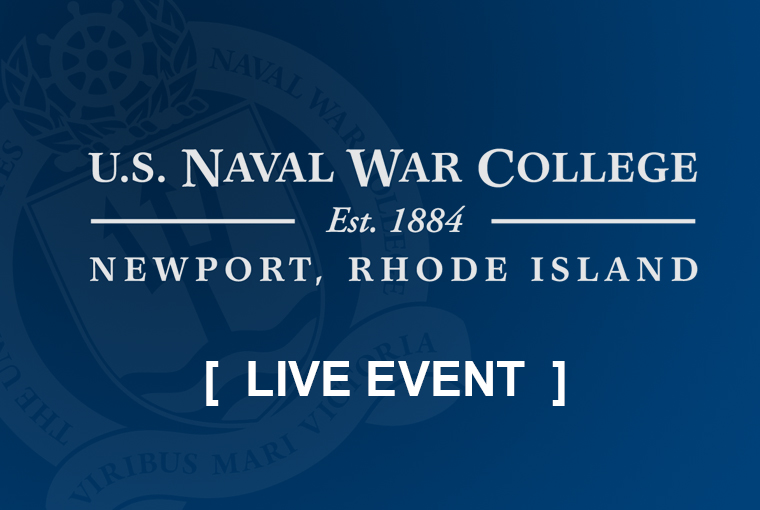Lectures of Opportunity: "On Nuclear Superiority and Coercive Leverage"

About this Event
Event Information
U.S. Naval War College, LOO Coordinator
This event is not open to the general public
This event is for U.S. Naval War College students, faculty and staff.On Nuclear Superiority and Coercive Leverage
Does nuclear superiority improve national security? This question is currently debated between proponents of the Theory of the Nuclear Revolution (TNR) and its critics, yet each perspective has its limits. TNR assumes that greater nuclear capabilities do not matter militarily. It is then unsurprising that they bring no diplomatic dividends. TNR critics mainly applaud the peacetime benefits of nuclear superiority, but such benefits rest on shaky foundations, if nuclear superiority does not provide coercive leverage in crises. I study this question using a game-theoretic model, where states exchange compellent and deterrent threats and bargain over an issue in dispute, assuming that greater nuclear capabilities matter militarily. I show that greater nuclear capabilities can provide coercive leverage, but only by raising the risk of nuclear war. It is unclear, then, whether they improve national security. I discuss the implications of this result for the debate between TNR proponents and its critics.
About this Lecture
Lectures of Opportunity offers U.S. Naval War College (NWC) students, faculty, and staff an opportunity to learn more about national and international socio-political subjects that may be of relevance to the NWC community.
More on Lectures of OpportunityDownloads for this event
SynopsisMost Recent
8:00 a.m.
U.S. Naval War College, 686 Cushing Rd, Newport, RI 02841
U.S. Naval War College, 686 Cushing Road, Newport, RI 02841
U.S. Naval War College, 686 Cushing Road, Newport, RI 02841
8:00 a.m.
U.S. Naval War College, 686 Cushing Road, Newport, RI 02841
U.S. Naval War College, 686 Cushing Rd, Newport, RI 02841
